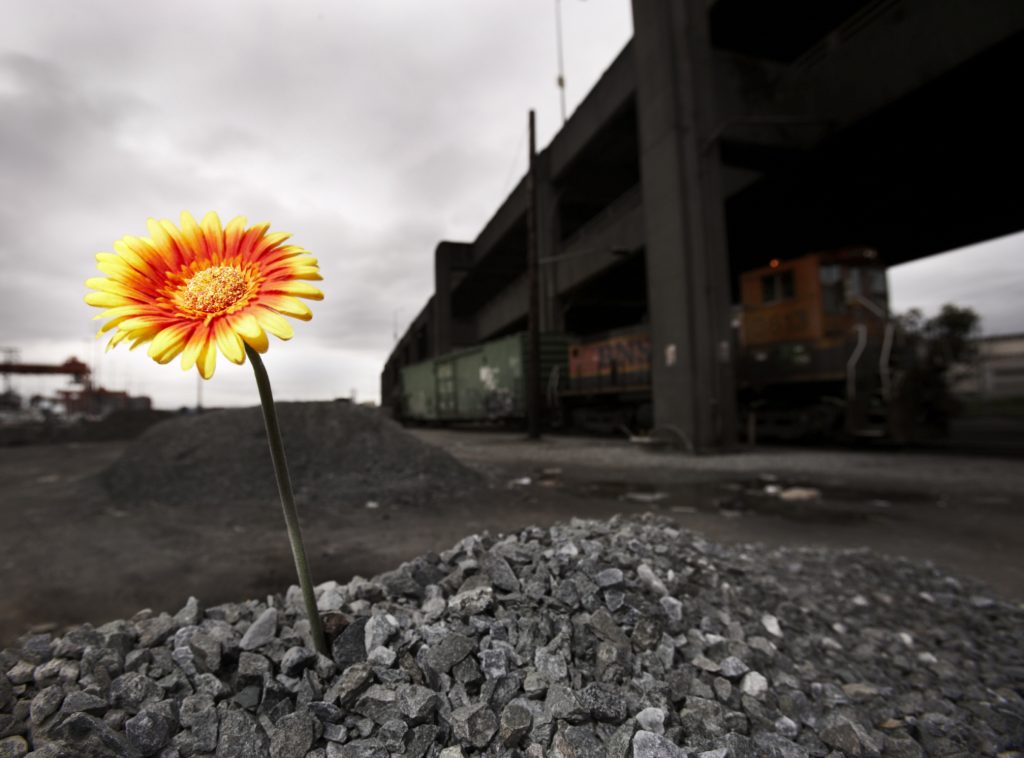
In the final part of our series on resilience, Andrea Furst, one of our Human Performance Experts and Senior Sport Psychologist to GB Women’s Hockey, shares some reflections on resilience and bouncing back from her involvement in the selection process of the past four Olympic Games.
Elite sport is one of the most pressurised and competitive environments. The pressure and competitiveness peaks during Olympic selection. The stakes are high and whilst there are the tribulations of gaining selection, there are also the trials of non-selection. Here’s what I’ve learnt about resilience and its role in coping with the arduous Olympic selection process.
Past explanations dictate the future
The Olympic selection process is an experience that involves significant emotional investment. The way athletes deal with this period in their lives has a lot to do with their resilience. Resilience is developed by the way we explain things in our life, which sets the tone for present and future experiences.
Choosing to view the selection process as an opportunity to perform and one to learn from can help athletes to not only increase their chances of selection but also ensure they bounce-back from the disappointment of non-selection.
Situations don’t dictate responses
The way you choose your words to explain a situation, both inside your head and to those that will listen, creates meaning to that event. Resilient athletes who train for the 4-year cycle to experience non-selection will make conscious decisions about how they will interpret and explain the undoubtedly painful experience. The specific thoughts are what have helped non-selected athletes triumph 4-years later to be an integral part of a national Olympic team in a subsequent cycle.
Every situation provides an opportunity to learn
Non-selection is a challenging time. A mindset, which explains this challenging time as an opportunity to learn and grow from the lessons learnt, is one that has served athletes well who decide to ‘give it another go’. Similarly, those who decide to transfer their lessons in high performance sport to other similar high-pressure environments have had great success through adopting this mindset.
Use your explanations to change your expectations
The way you explain things in turn influences the expectations for the future. Resilience is most commonly linked to ‘bouncing-back’ however the thoughts that help people to bounce-back also build optimism about the future. If you’re committed to the choice to learn and grow from setbacks then you can also use these lessons to better prepare yourself for future challenges. Athletes who have not been selected in one cycle set themselves up for future successful selection by doing things better than last time. The self-confidence that comes from learning and improving helps their chances of getting selected.
What’s your explanation going to be?
In my 16 years of Olympic campaign involvement there’s been a broad spectrum of ‘results’. Some athletes have returned from the Games with shiny medals around their necks. Other athletes have trained and competed as hard and are not selected; their Olympic dream for that cycle, and in some cases forever, dissolved.
Examining how the non-selected choose their response to deal with such disappointment provides insight into the role the mind plays to be able to fall, dust yourself off, and have another go at excellence in sport or other life domains.
It would be easier and understandable for non-selected athletes to let the experience knock them around and dictate their explanations of the experience.
They choose to be resilient.
What’s your explanation going to be?






